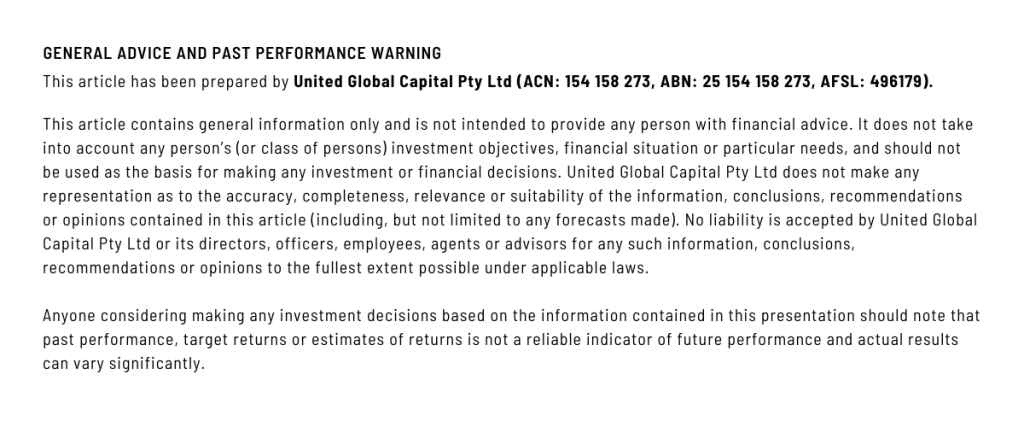How to Minimise Capital Gains Tax on Your Investment Property
Effective financial planning requires a deep understanding of the numerous tools and strategies at your disposal. Specifically, leveraging trusts and minimising capital gains tax (CGT) on the sale of investment properties are two central aspects of this. This article delves into both.

What Is a Trust?
A trust is a legal entity wherein one party, known as the trustee, manages assets for the benefit of another – the beneficiary. In the context of Australian financial planning, trusts play a pivotal role for purposes such as estate planning, asset protection, and tax optimisation. Types of trusts in Australia encompass discretionary trusts, family trusts, and unit trusts. Though each serves a unique function, they all centralise around the idea of distinguishing between legal ownership (by the trustee) and beneficial ownership (by the beneficiaries).
Trusts offer unmatched flexibility in financial planning. For instance, a discretionary trust lets the trustee decide on income and capital distribution amongst beneficiaries, a tactic often employed for advantageous tax planning.

Reducing Capital Gains Tax on Selling Investment Property in Australia
When offloading an investment property in Australia, CGT is a major factor to account for. However, there are legal methods to reduce or even sidestep this tax:
- Hold for Over a Year: Keeping the property for more than 12 months qualifies you for the CGT discount, taxing only 50% of the capital gain.
- Leverage the Main Residence Exemption: If the property served as your primary residence at any time during your ownership period, the main residence exemption could greatly cut down or even nullify your CGT.
- Adopt a Trust Structure: Acquiring the property within a trust might be a smart play for CGT reduction. For example, discretionary trusts can let you share the capital gain among multiple beneficiaries, potentially diminishing the total tax due.
- Consult with Experts: Engage a financial advisor or planner with expertise in property investments and tax guidance. They can assist you in navigating intricate CGT regulations and identifying the optimal strategy for your unique scenario.
- Use Capital Losses to Your Advantage: If you’ve incurred capital losses from other ventures, they can counterbalance your capital gains, thereby trimming your CGT.
- Explore Small Business CGT Concessions: For those qualifying as small business proprietors, there are CGT concessions that can substantially trim your tax when selling a business-related investment property. These concessions come into play when offloading an active asset, given you meet certain prerequisites, and might let you decrease, overlook, or delay some or the entirety of the capital gains.
In the world of financial planning, trusts are potent instruments that offer perks like asset safety and income allotment. Knowledge about Australian CGT regulations, paired with strategies to decrease your tax, is instrumental in bolstering your investment returns.
If you have more questions or are looking to dive deeper into optimising your investment strategy, don’t hesitate to reach out. Our team of experts is here to guide you every step of the way. Contact us today for personalised advice tailored to your financial goals.

